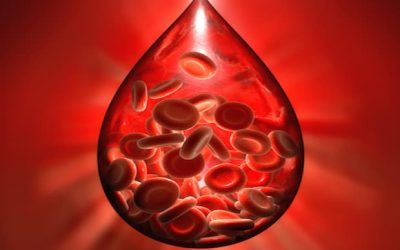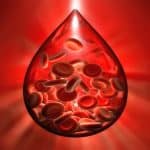Novartis this morning said it has penned a deal with Germany’s SeBo to acquire the latter’s phosphate binding drug for use in patients with hyperphosphataemia associated with end-stage kidney disease. This condition may lead to increased calcium-phosphate deposits that cause arteriosclerosis, which in turn raises the risk for coronary heart disease and stroke as well as bone disease.
The terms of the agreement have not been disclosed, but Novartis will pursue all development, manufacturing and marketing of the compound in two patient groups – those with chronic kidney disease and those on dialysis.
The drug, which is currently in Phase I clinical development, will strengthen Novartis’ armamentarium in kidney disease and complements its existing transplantation portfolio. “We are strengthening our leading position in transplantation by expanding our focus to also offer therapeutic solutions for transplantation precursor diseases, such as chronic kidney disease, to patients and physicians,” said Giacomo Di Nepi, Head of the Transplantation and Immunology Business Unit of Novartis Pharma AG.
Neoral/Sandimmum (cyclosporine) was one of Novartis’ biggest drugs, but has seen sales drop off to $244 million in the second quarter of this year. While the rest of the world has remained relatively secure, in the USA, sales for the quarter tumbled over 20% to just $37 million.
Overall, the Swiss giant’s transplantation business has certainly seen better days, with total revenues in the second quarter of $276 million and growth of just 2%. But up and coming in the Novartis stable is Myfortic (enteric coated mycophenolic acid), for use in kidney transplantation, which is now marketed in most major countries. And Novartis’ follow-up to Neoral, Certican (everolimus), received Swiss approval on April 21, 2005, allowing for regulatory submissions in several countries in Asia, the Middle East and Europe [[19/03/04d]], [[19/05/05d]]. However, the firm is still awaiting a decision on Certican in the USA, after the US Food and Drug Administration issued two approvable letters for the drug requesting additional data on optimal dosing levels [[31/08/04c]], [[21/10/03d]].
The market for a phosphate binding drug is huge: at least 90% of dialysis patients receive chronic treatment for hyperphoshatemia, while an estimated 80% of patients with chronic kidney disease are also treated for this condition. Approximately 800,000 patients are estimated to have end-stage renal disease in Europe and the US, with the vast majority of them requiring dialysis. An equal number of patients are estimated to have late-stage chronic kidney disease and could eventually require dialysis.








